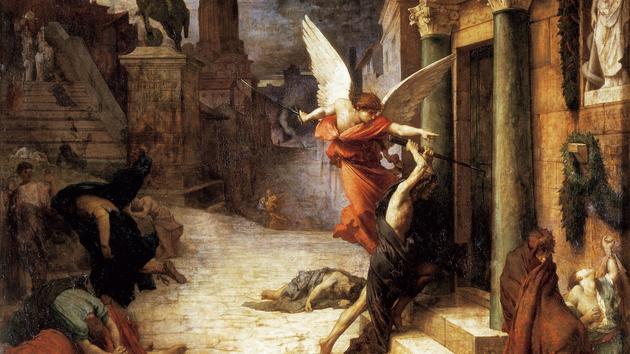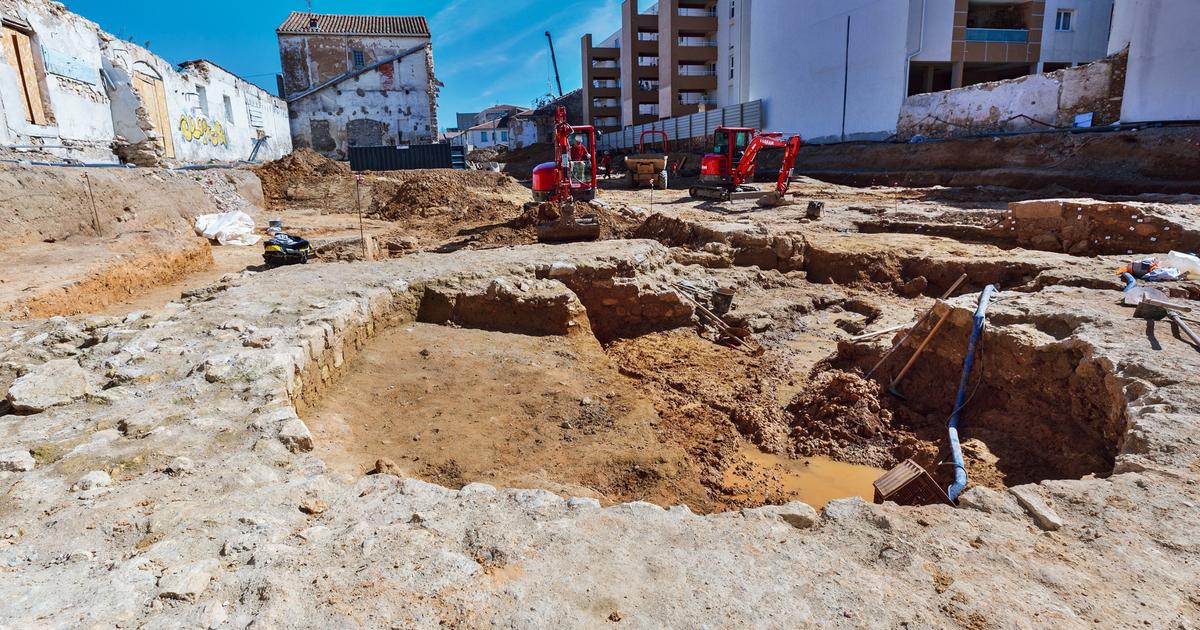It is doing a great deal of honor to man to hold him solely responsible for the fall of Rome.
Invasions, political decadence, a budget crisis?
Without a doubt.
But nature had its share in the end of the empire that has long reigned over the West, believes historian Kyle Harper.
In a fascinating sum reissued in pocket format, the professor of ancient history at the University of Oklahoma (United States) recounts a story that
"escapes the human monopoly
, slips Benoît Rossignol (University Paris 1 Panthéon- Sorbonne) in the preface.
We are back in our place. ”
To discover
Covid-19: vaccination as the only remedy
Read also:
Pandemics, from the Antonine plague in the Roman Empire to Covid-19
On a small scale, admits Kyle Harper,
"decisions weighed heavily"
in the collapse of an empire suffering from
"structural flaws
.
"
But its
“fate (…) was also decided by bacteria and viruses, volcanoes and solar cycles”
.
Pathogens made life
"short and uncertain"
, but the Empire's capacity for resilience was great.
Only by connecting areas of the world
This article is for subscribers only.
You have 61% left to discover.
Pushing back the limits of science is also freedom.
Continue reading your article for € 1 the first month
I ENJOY IT
Already subscribed?
Log in








